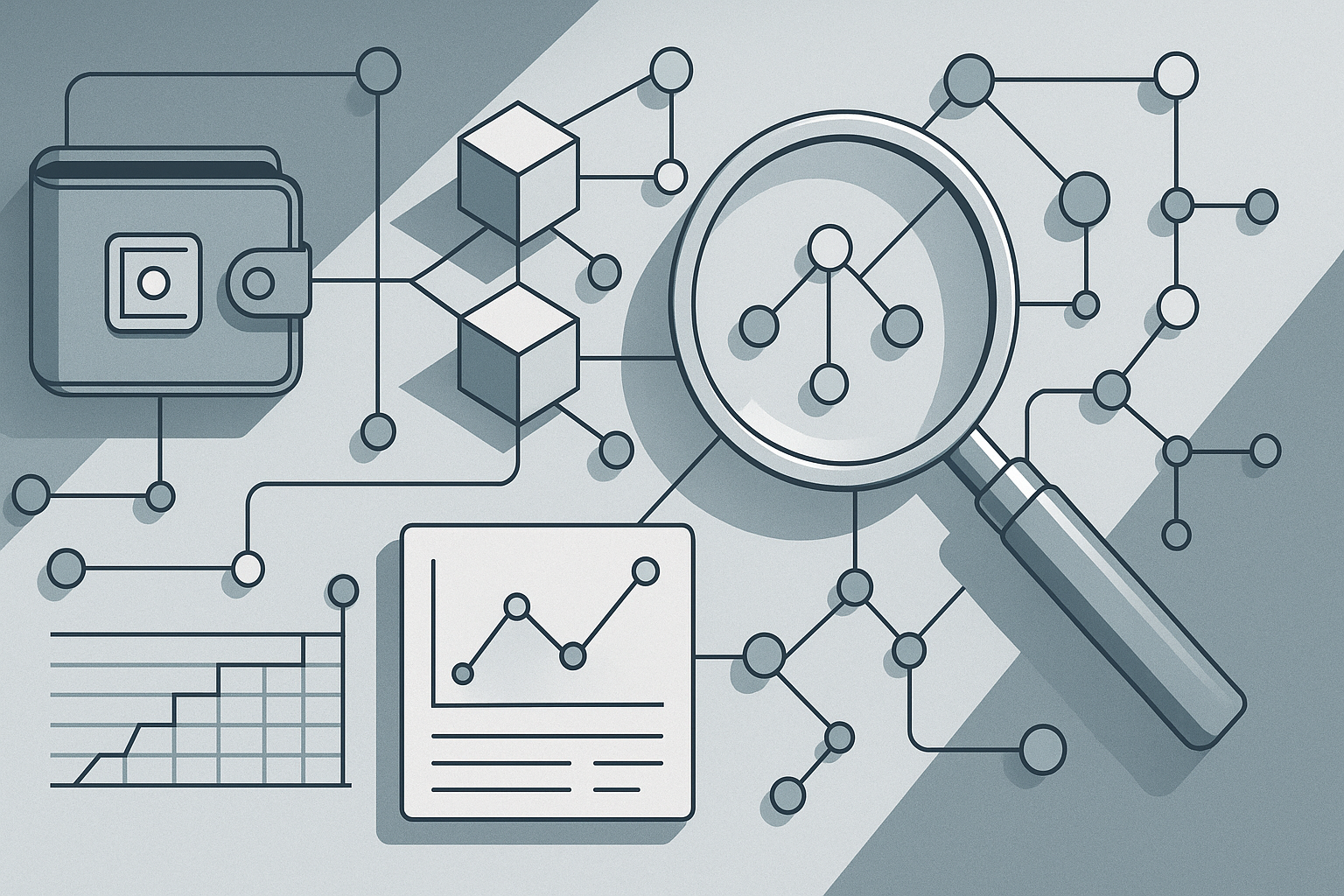Memoria: Blitz Idle has entered its Season One open beta, according to reporting by eGamers.io, and the move shifts the title from limited trials to broader community testing. This stage invites more players to evaluate progression, content tuning, server stability and the clarity of in-game systems. The developer’s public testing window also creates an opportunity to observe real user behavior before a full launch.
Become a Doc: Profile Ethereum wallets and discover their behavior.
Use WalletAutopsy.
What an open beta usually entails
Open beta typically expands access beyond early testers so teams can collect larger samples of player data and feedback. Developers often deploy new content, iterate on balance, and run stress tests on matchmaking and backend services. For players, the period means encountering unfinished systems and reporting issues through official channels so the game can be refined.
What Season One is likely to focus on
Season One in idle action RPGs commonly bundles progression incentives, timed content and balance adjustments aimed at onboarding new players while keeping veteran users engaged. The essential work for a development team during this stage includes assessing reward pacing, tuning resource generation, and verifying that automation mechanics behave as intended when scaled to many concurrent users.
What players should look for during testing
Players who join the open beta should pay attention to progression clarity, how quickly resources accumulate, and whether UI elements communicate next steps effectively. Reporting reproducible bugs and detailing the context in which they appear helps engineers prioritize fixes. Community channels are the usual route for that feedback and developers commonly publish trackers or patch notes to document responses.
How feedback is collected and used
Feedback flows from multiple sources: in-game reporting tools, official forums, social channels and issue trackers. Development teams triage reports, combine them with telemetry and prioritize fixes that affect core progression or stability. This process shortens iteration cycles, especially for systems where small changes cascade through progression mechanics.
Monetization, balance and transparency
Monetization testing and balance are central topics during open beta because they determine long-term retention and fairness. Developers use beta telemetry to assess conversion points, pricing perceptions and the impact of paid boosts on gameplay. Public discussion and clear patch notes build trust while technical adjustments proceed behind the scenes.
Performance, backend and live operations
Operational testing under open beta lets teams validate server capacity, matchmaking and cloud scaling in realistic conditions. Engineering teams measure latency, error rates and instance uptime, then apply optimizations before launch. These tests can reveal edge cases triggered by atypical player behavior, which are easier to address now than after commercial release.
How this matters to on-chain observers
On-chain integration is not implied for every title, but should developers explore tokenized items or external markets, observers will rely on crypto analytics to monitor transfers and market activity. Even absent blockchain features, the formation of secondary markets or external trading communities can be of interest to analysts who track economic indicators tied to virtual goods.
Why WalletAutopsy tracks launches like this
WalletAutopsy follows openings such as Season One because early-stage data reveals how users engage with progression and economies. If a game later adopts blockchain components, familiarity with its early reward systems helps when comparing on-chain flows to in-game incentives. That prior understanding supports clearer analysis if crypto wallets are later required to hold tokenized assets.
Practical advice for testers
Testers should document their experience with session length, idle accrual rates and which systems cause confusion. When possible, report steps to reproduce issues and attach logs or screenshots. Participation helps the team prioritize fixes and produces a better launch product; it also gives players a direct channel to shape early balance decisions.
What to expect next
Over the coming weeks developers typically publish patch notes and bug fix summaries as issues are resolved. Observers should monitor official channels for announcements about balance passes, additional content or the transition plan to a final release. If the developer signals work on tokenization or economic tooling, that will be the moment to bring crypto analytics and wallet monitoring into focused coverage.
Memoria: Blitz Idle entering Season One open beta is a common milestone: it expands the test pool and concentrates attention on core systems. For players, it is a chance to influence the product. For analysts, it is an opportunity to gather early indicators about progression and economic behavior. eGamers.io provided the initial report that this Phase One public test has begun, and we will continue to follow updates and document meaningful changes as they appear.
